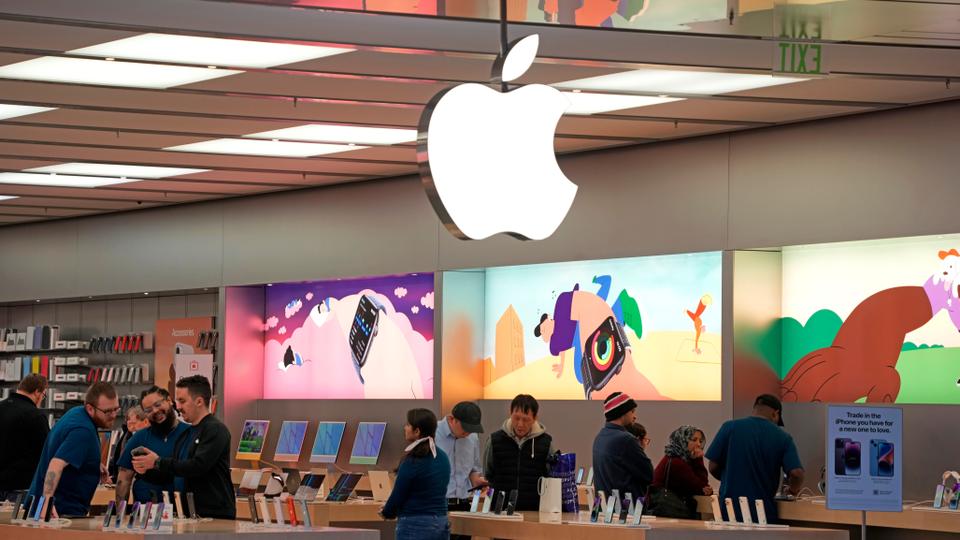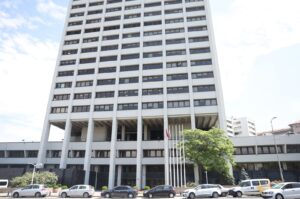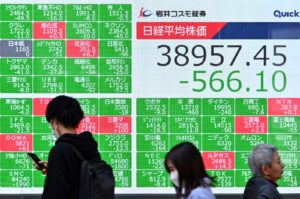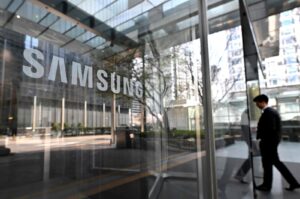The Biden administration is taking aim at Apple and Google for operating mobile app stores that it says stifle competition.
The finding is contained in a Commerce Department report released by the administration on Wednesday as President Joe Biden convenes his competition council for an update on efforts to promote competition and lower prices.
The current app store model – dominated by Cupertino, California-based Apple Inc. and Mountain View, California-based Google LLC – is “harmful to consumers and developers” by inflating prices and reducing innovation, the report from the department’s National Telecommunications and Information Administration says.
The firms have a stranglehold on the market that squelches competition, it adds.
“The policies that Apple and Google have in place in their own mobile app stores have created unnecessary barriers and costs for app developers, ranging from fees for access to functional restrictions that favour some apps over others,” the report said.
In an op-ed in The Wall Street Journal in January, Biden called on Democrats and Republicans to rein in large tech firms without mentioning Apple or Google by name.
“When tech platforms get big enough, many find ways to promote their own products while excluding or disadvantaging competitors – or charge competitors a fortune to sell on their platform,” Biden said.
“My vision for our economy is one in which everyone – small and midsized businesses, mom-and-pop shops, entrepreneurs – can compete on a level playing field with the biggest companies.”
READ MORE: Apple expands App Store pricing options amid pressure
Limiting credit card late fees
The Commerce Department report said “new legislation and additional antitrust enforcement actions are likely necessary” to boost competition in the app ecosystem.
Alan Davidson, the NTIA administrator, told reporters the report “identifies where legislation would be needed to address some of these issues”.
On another competition front, the White House said the Consumer Financial Protection Bureau would move forward with a proposed rule to limit credit card late fees, which the bureau estimates would save consumers roughly $9 billion in late fees annually.
READ MORE: EU court upholds decision to impose record antitrust fine on Google
Rohit Chopra, the bureau’s director, said the rule is projected to reduce typical late fees from roughly $30 to $8 for missed payments and could go into effect as soon as 2024.
“Historically, credit card companies charge relatively small penalty amounts for missed payments, but once they discovered that these fees could be a source of easy profits, late fees shot up with a surge occurring in the 2000s,” Chopra told reporters.
“And in recent years, these late fees have surged to as much as $41 for a missed payment. These fees add up, with consumers being hit with $12 billion a year in late fees in addition to the billions of dollars in interest they’re paying.”
Apple, Google rejects monopoly claims
A legal battle over app store dominance is already playing out in the courts.
Apple has defended the area surrounding its iPhone app store, known as a walled garden, as an indispensable feature prized by consumers who want the best protection available for their personal information.
It has said it faces significant competition from various alternatives to video games on its iPhones.
And Google has long defended itself against claims of monopoly.



















































Be First to Comment